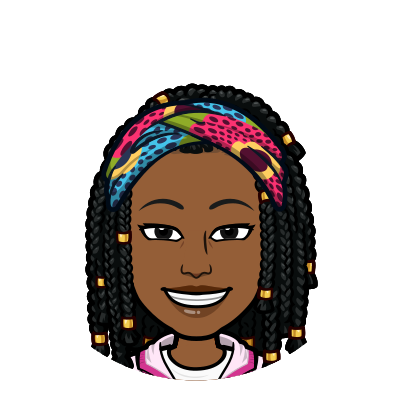|
I toss and turn as my digestive system processes the two sleeping aid pills I swallowed. My bloodshot eyes fall upon the clock—two forty-five a.m. I have an early morning shift tomorrow! My eyes are heavy; my body is sore, the house is quiet, and yet I am still awake. Argh! Typical night. Indeed, this is a typical night in the life of a student juggling school, work, and the day-to-day demands. This constant lack of sleep is referred to as insomnia. According to WebMD.com, insomnia is a sleep disorder characterized by the inability to fall asleep and/or stay asleep. It also adds that insomnia is divided into two categories. The first one is referred to as primary insomnia and includes sleep problems that are not linked to health conditions. On the other hand, secondary insomnia is for the sleeping problems caused by health conditions, including mental health. My insomnia started once I turned eighteen when duties and worries began to line up. And yet, I couldn't connect the dots. Therefore, I began to hunt for the specific cause of this condition in other areas. Was my room too hot? Did I get too much blue light and not enough sunlight? Did someone cast a spell on me? Of course not! (It's the 21st century, after all.) Thinking that the cause of my sleeplessness fell into one of these categories, I came up with some minor life changes. I spent more time outside, I turned on the A.C. before bedtime, and I left my phone in the drawer for hours. Indeed, things would get better. Drumroll, please. No result! None. Nada. I was still tossing and turning and glaring at the clock. Before falling into despair and resigning to a life of bloodshot eyes and cranky mood, I observed a specific pattern before bedtime. Every time I was going to bed, my mind started to wonder about upcoming deadlines, job searches, scholarship essays, pretty much everything that would bring me down. It didn’t take a Google search for me to realize that stress was the leading cause of my insomnia. Therefore, I threw all my sleeping aids away and started relaxation methods. Yoga, reading, listening to 80s songs, white noises; I tried them all and began to plan them after a while. And even when stressful thoughts tried to sneak their way into my mind, I sat and took a couple of deep breaths, and it’s all better. I suffered from primary insomnia, which was more related to my habits than medical conditions. This experience, though painful, taught me that sometimes a single pattern could lead to severe consequences. Now that I took control of my sleep, my eyes haven’t looked better, and people can bear to be around me. Some websites/blogs that help (they do not sponsor TWE): sciencedaily.com/news/health sleepfoundation.org
0 Comments
Your comment will be posted after it is approved.
Leave a Reply. |
Categories
All
|
|
|
Teenagers With Experience is an online organisation created to provide teenagers worldwide with an online platform to share their own experiences to be able to help, inform and educate others on a variety of different topics. We aim to provide a safe space to all young people. You can contact us via email, social media or our contact form.
|


 RSS Feed
RSS Feed
